There was no telling what people might find out once they felt free to ask whatever questions they wanted to
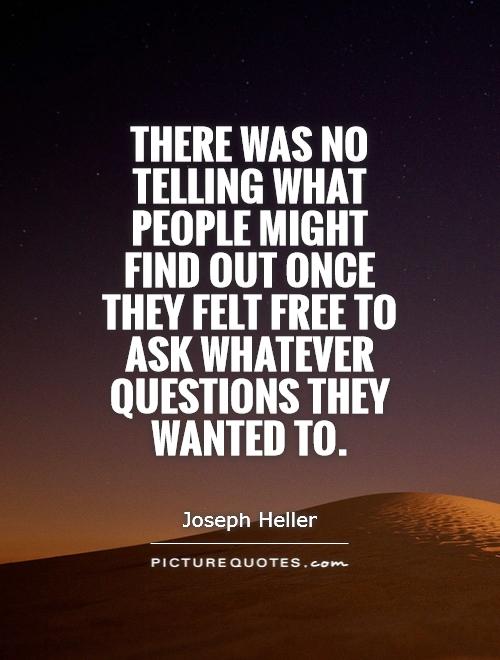
There was no telling what people might find out once they felt free to ask whatever questions they wanted to
In the context of Joseph Heller, the quote "There was no telling what people might find out once they felt free to ask whatever questions they wanted to" holds significant meaning. Heller, best known for his satirical novel "Catch-22," often explored themes of bureaucracy, absurdity, and the human condition. This quote speaks to the idea of questioning authority and challenging the status quo, which are central themes in Heller's work.In "Catch-22," Heller presents a world where logic and reason are turned on their heads, and individuals are trapped in a system that is both nonsensical and oppressive. The protagonist, Captain John Yossarian, finds himself caught in a bureaucratic nightmare where he is forced to fly dangerous missions in World War II, all while trying to navigate the absurd rules and regulations of the military. Yossarian's struggle to make sense of the world around him mirrors Heller's own skepticism of authority and his belief in the power of questioning.
The quote also reflects Heller's belief in the importance of freedom of expression and the pursuit of truth. Throughout his writing, Heller championed the idea of speaking out against injustice and challenging the powers that be. By encouraging people to ask questions and seek out the truth, Heller believed that society could become more just and equitable.
In today's world, where misinformation and fake news run rampant, Heller's message is more relevant than ever. The quote serves as a reminder that we should never stop questioning, never stop seeking the truth, and never stop challenging those in power. By asking questions and demanding answers, we can hold those in authority accountable and create a more just and transparent society.
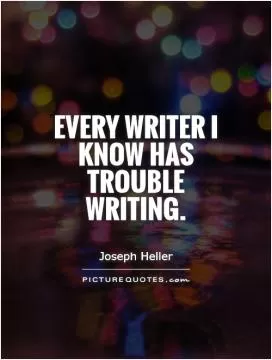

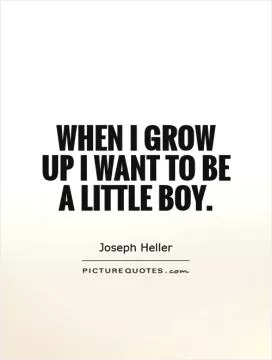
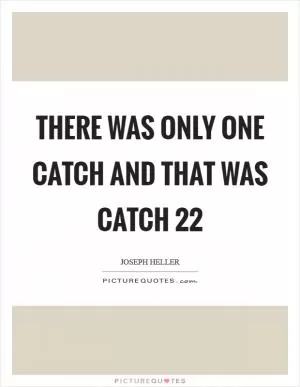



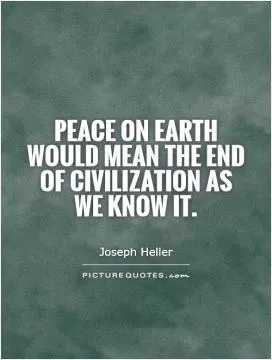
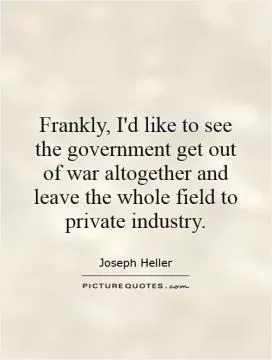
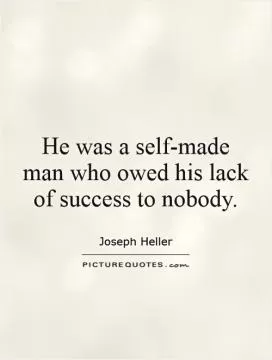
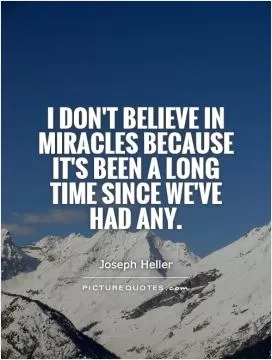

 Friendship Quotes
Friendship Quotes Love Quotes
Love Quotes Life Quotes
Life Quotes Funny Quotes
Funny Quotes Motivational Quotes
Motivational Quotes Inspirational Quotes
Inspirational Quotes